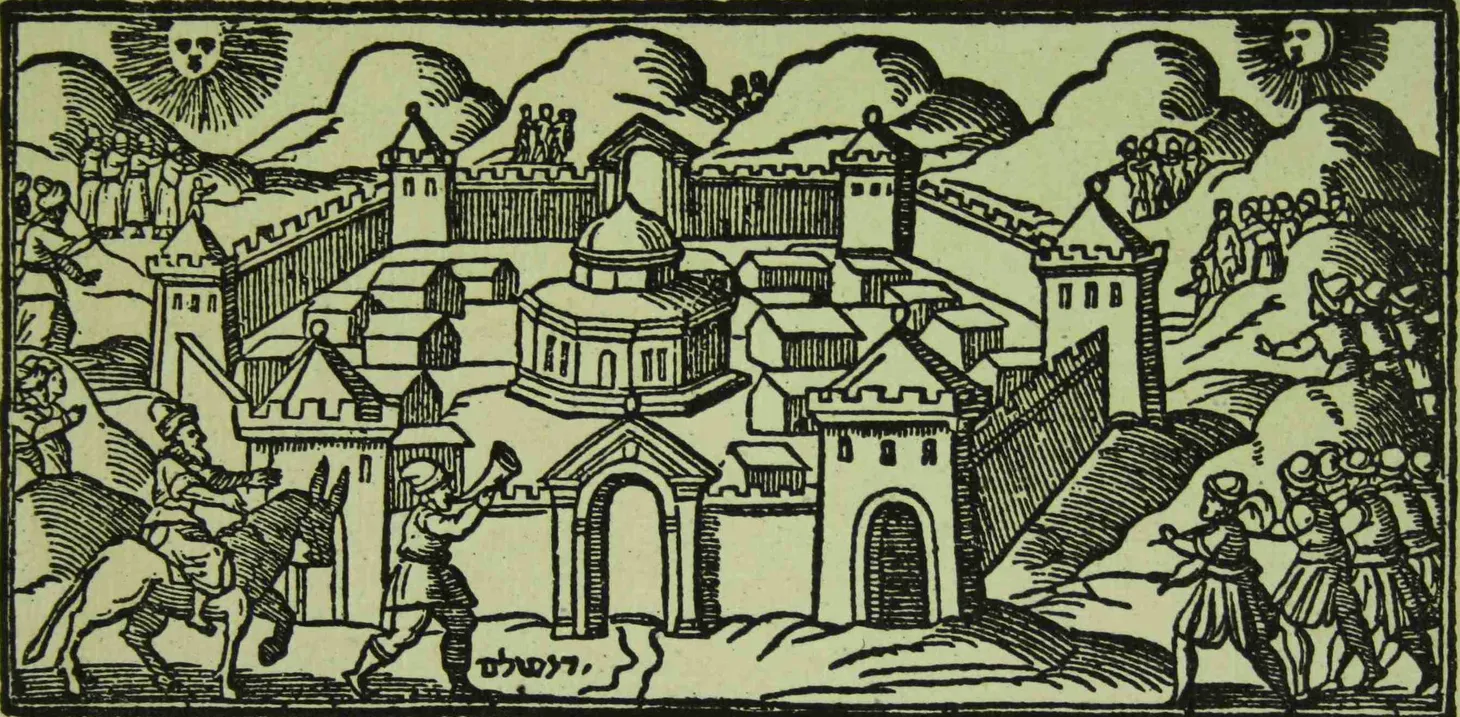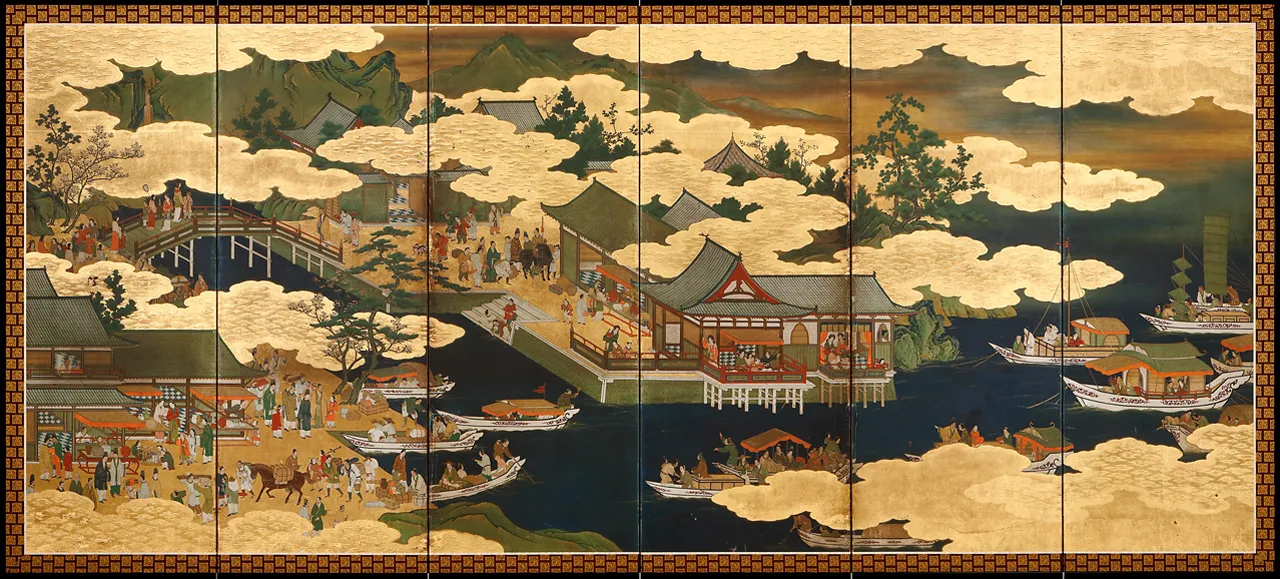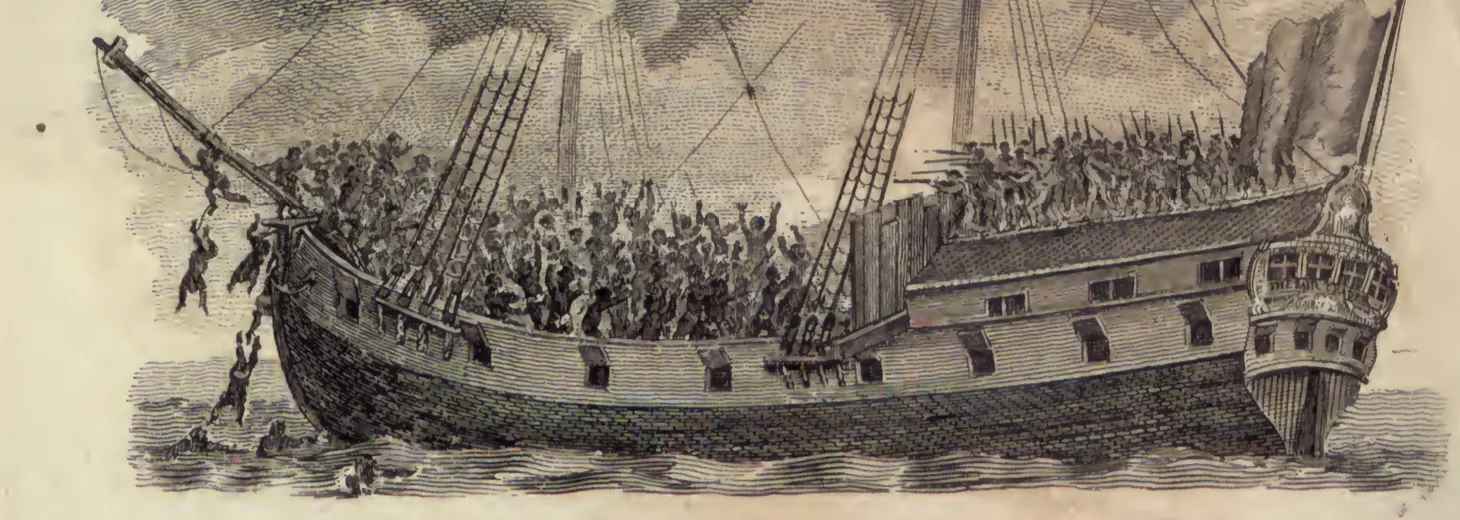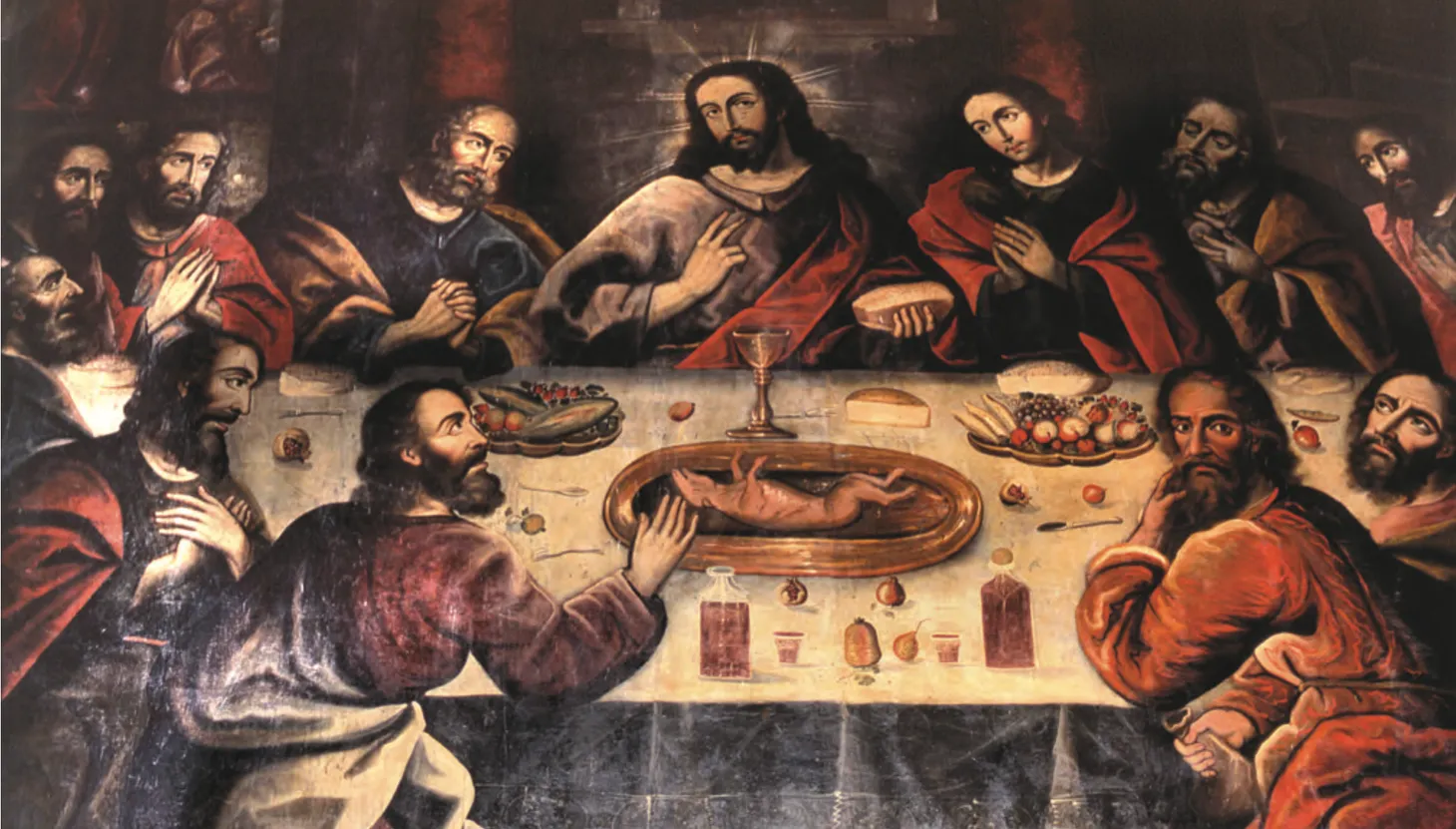AP World Unit 4
“He Has Favored Us”: Amsterdam’s Jewish Community and the Transatlantic Slave System in the Seventeenth Century
Discussion of teaching Amsterdam’s Jewish community in the seventeenth century

“Desist from Deporting the Jews”: Jews and the Ottoman Empire in the Late Sixteenth Century
Discussion of teaching how Ottoman policy regarding Sephardic Jews changed in the sixteenth century

“Turks Hold Respectable Jews in Esteem”: Jews and the Ottoman Empire in the Sixteenth Century
Discussion of teaching the Sephardic migration to the Ottoman Empire in the sixteenth century

Visualizing the Continuity of Asian Trade Networks in Sixteenth-Century Japanese Nanban Screens
Discussion of Japanese nanban screens and teaching continuity in the sixteenth-century Indian Ocean.

“Nothing Remained of the Houses”: Indigenous American Resistance to Columbus’ First Settlement in the Americas
Discussion of how to teach Indigenous American resistance to Columbus' first colony in the Americas

“By Love and Friendship Rather than by Force”: Columbus’ First Description of Indigenous Americans and Student Participation
Discussion of how to encourage student participation in world history courses and teaching Columbus Day

“To Make Their Escape, and Mutiny”: Enslaved African Resistance During the Middle Passage
A discussion of using reading against the grain to help students understand mutinies on slave ships by enslaved Africans

“We Must Not Refuse Them”: Finding African Voices and Stories in the Transatlantic Slave System
Discussion of how to read against the grain to understand lost voices in the transatlantic slave system.

The Last Supper in Cuzco: Indigenizing Christianity in the Andes
A discussion of syncretism in Spanish colonial Cuzco in the eighteenth century.

“You Glory in Our Old Rags”: Indigenous Americans and the Fur Trade in Northern America, c.1600 - c.1800
Discussion of teaching the North American fur trade in the seventeenth and eighteenth centuries that centers Indigenous American experiences.

